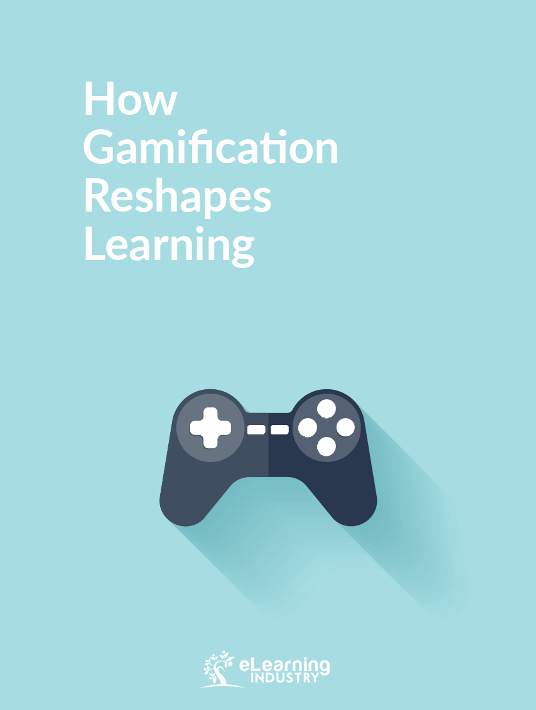Gamification can shift the motivation for learning from extrinsic to intrinsic. Games are a way to experience the world in ways not possible in reality and thus tap into a natural learning process and enjoyment. In education, gamification can create learning environments that condense the learning time of key ideas and allow students the possibility to explore concepts while enhancing the natural intrinsic motivation of learning. This interaction with a simulated environment leads to a higher level of engagement.
Experiential Simulations’ Entrepreneurship game Traction has gamification elements, such as leaderboards, badges, competition, and feedback. Players experience a start-up environment both post and pre-revenue while maximizing the overall game score. Players can collect badges for completion of product testing or obtainment of standards. Obtaining badges and other achievements within the game have a random element associated with them. This random element means that the reward isn't predetermined from a given set of actions, which makes the accomplishment more enjoyable.
This mixture of randomness mirrors reality in startup environment. The entrepreneurial world is characterized by uncertainly, information deficits and randomness. Real world entrepreneurs tend to be extrinsically and intrinsically motivated. The struggle to succeed -despite many setbacks- typically requires a high degree of intrinsic motivation for an entrepreneur. Thus, Traction helps create this intrinsic motivation through the use of gamification elements, such as badges, scores and leaderboards. The enjoyment of achievement and exploring while playing Traction tends to create a deeper level of knowledge.



